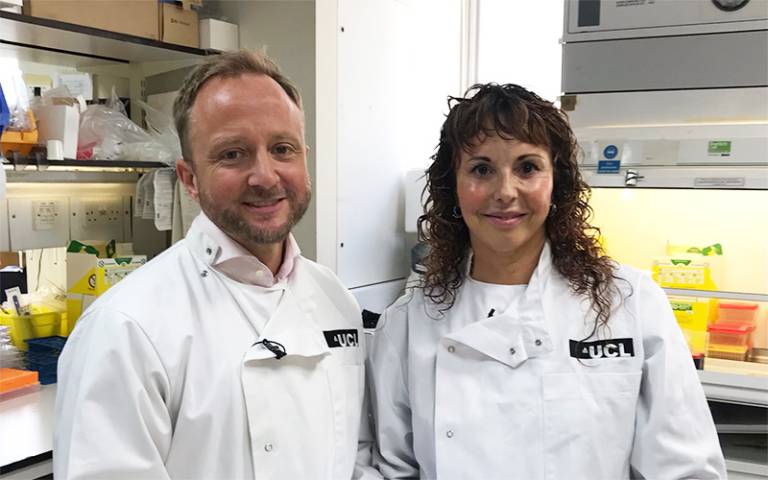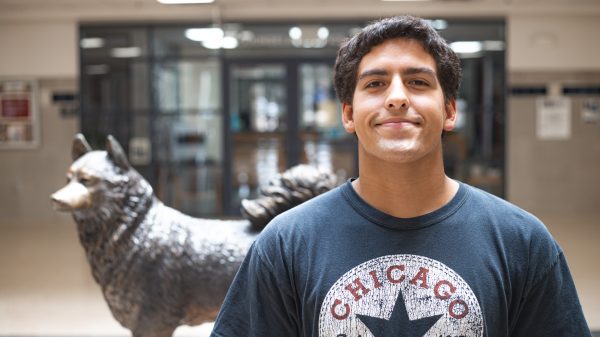Huntington’s Disease, a normally fatal illness, has just been successfully treated for the first time.
Huntington’s Disease is a genetically inherited condition that is diagnosed in over three million people every year in the US. The disorder progressively attacks the brain over time. Symptoms consist of trouble walking, slurred speech, uncontrolled twitching, mood swings and trouble remembering and processing information. These symptoms usually begin showing at ages 30-40, but a person could carry the mutated huntington gene for their whole life.
Because of its genetic origins, gene therapy has been the most effective treatment for Huntington’s Disease. The therapy selectively replaces or repairs mutated genes with genetic material.
It was a group of scientists at the University College London and a company called uniQure that facilitated the study and experiments for Huntington’s Disease treatment.
It is UCL’s goal to make Huntington’s Disease something that families across the world won’t have to worry about in the future, and they just might reach that goal.
UniQure has created a new gene therapy, AMT-130, that the scientists at UCL have tested for the last 36 months. This therapy was used on 29 patients, and was shown to slow the progression of the disease by 75%.
The AMT-130 will be the first licensed treatment that can actually slow Huntington’s Disease. One dose of the new gene therapy treatment is expected to last a person’s whole life. Previously, carriers of the disease could only take medicines or therapies to help them lessen its symptoms, but this form of treatment was only marginally effective.
This new treatment is an important scientific breakthrough for treating the incurable disease. Although the treatment is very expensive, this plan of action is the first step scientists made toward a bright future for patients affected by Huntington’s Disease.
UniQure hopes to get FDA approval so the treatment can be widely available by late 2026.








